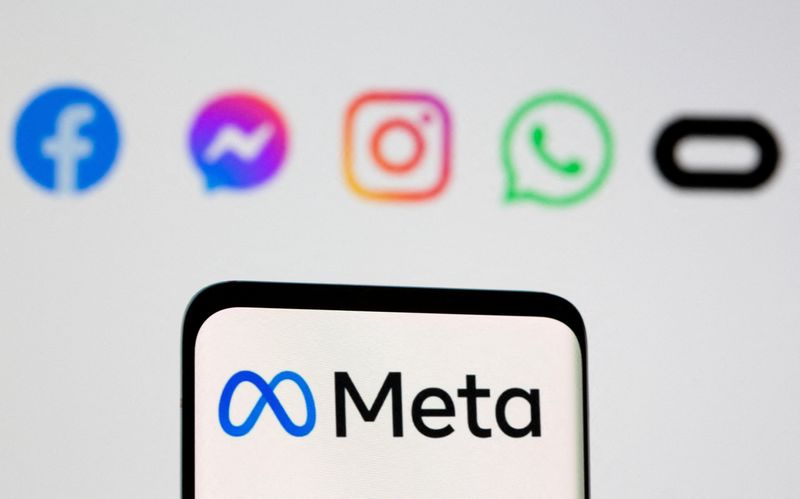In the realm of digital communication, data sharing has become a critical aspect of our everyday life. Social media platforms play a significant role in enabling this flow of information, with applications like WhatsApp leading the charge. However, recent developments in India have raised concerns about data sharing practices and the implications for user privacy. Meta, the parent company of WhatsApp, now finds itself in the spotlight as it seeks to appeal an Indian order that restricts data sharing between WhatsApp and other apps.
At the center of this controversy is the issue of data localization, a concept that requires companies to store and process data within the borders of a particular country. The Indian government’s order aims to ensure that user data generated within India is not transferred outside the country without consent. This move is part of India’s broader efforts to strengthen data protection measures and safeguard the privacy of its citizens. However, Meta argues that this order hampers its ability to provide seamless services and innovation across its platforms.
The clash between data localization requirements and global tech companies’ business models is not unique to India. Many countries around the world are grappling with similar challenges as they seek to balance national security concerns with the need to foster a thriving digital economy. Companies like Meta are caught in the crossfire, as they must navigate a complex web of regulations and expectations from various governments while upholding user trust and maintaining profitability.
WhatsApp, with its end-to-end encryption and commitment to user privacy, has positioned itself as a secure communication tool that values data protection. However, the company’s practices around data sharing and user consent have come under scrutiny in recent years, leading to concerns about the extent to which user information is shared with other platforms within the Meta ecosystem. The Indian government’s order is a response to these concerns, reflecting a broader trend of governments taking a more active role in regulating the digital landscape.
Meta’s decision to appeal the Indian order signals its determination to defend its data sharing practices and push back against what it perceives as overly restrictive regulations. The company contends that data sharing is essential for providing personalized services, enhancing user experience, and driving innovation. However, it must also confront the growing demands for data sovereignty and user autonomy, as governments and consumers alike call for greater transparency and accountability in the digital space.
As the legal battle between Meta and the Indian government unfolds, the outcome will have far-reaching implications for data sharing practices, regulatory frameworks, and user rights in the digital age. Both sides must strike a delicate balance between fostering innovation and protecting privacy, recognizing the complex interplay between technology, regulation, and society. The case serves as a reminder of the ongoing tensions between global tech giants and national governments, highlighting the need for a nuanced and collaborative approach to address the challenges of the digital era.



